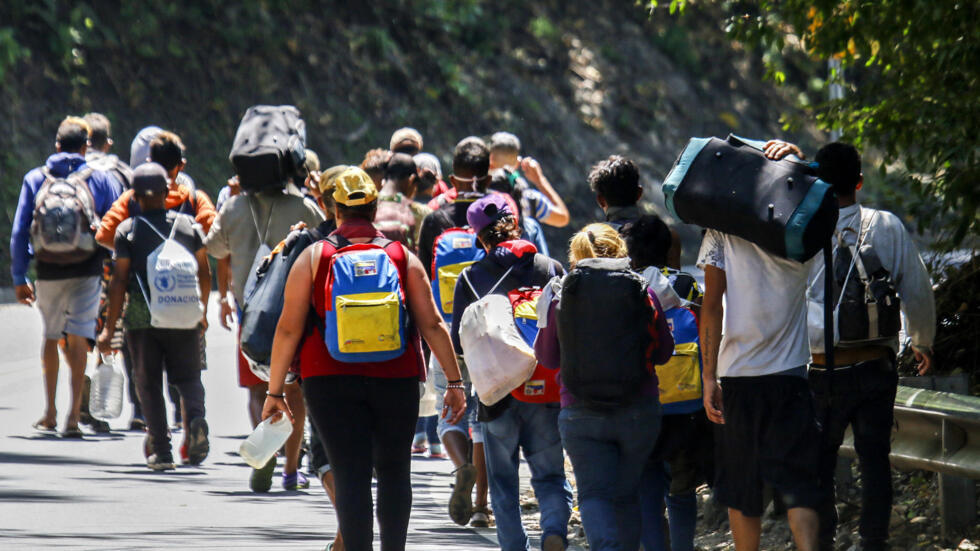The United States Supreme Court has temporarily allowed the Trump administration to remove legal protections for approximately 350,000 Venezuelans living in the country under the Temporary Protected Status (TPS) program. This decision enables the administration to proceed with ending TPS for this group while the case is under appeal.
Initially, a federal judge had halted the administration’s plans to terminate TPS a week before its scheduled end. In response, the administration filed an emergency application with the Supreme Court, which has now permitted the plans to continue while the case is resolved.
The court’s decision, issued without a signed opinion, did not provide reasons, a common practice in emergency orders from the high court. However, it was noted that Justice Ketanji Brown Jackson opposed the decision.
Under U.S. law, the Secretary of Homeland Security has the authority to grant TPS to immigrants from countries where conditions temporarily prevent their safe return or where the country cannot adequately manage their return. These conditions may include ongoing armed conflict or environmental disasters. TPS recipients cannot be deported and are eligible for work permits.
Homeland Security Secretary Kristi Noem moved to terminate an 18-month TPS extension granted by the Biden administration. In response, affected Venezuelans filed a lawsuit, alleging procedural violations and racial discrimination.
Venezuelans in the U.S. with TPS are divided into two groups: those who obtained it in 2021, when the Biden administration initially designated Venezuela for TPS, and those who received it in 2023, during the program’s extension. The Supreme Court’s decision applies only to the 2023 group. Those who received protected status in 2021 are expected to lose it later this year, according to the Trump administration’s plans.
Since 2014, approximately eight million people have left Venezuela due to political persecution, violence, and a lack of access to food and essential services. In 2023, President Nicolás Maduro won re-election in a contest considered fraudulent by the opposition, leading to protests and the arrest of over 2,000 individuals.
Secretary Noem has argued that allowing Venezuelan nationals to remain temporarily in the United States is against the national interest. In February, she stated that conditions in Venezuela had improved, citing progress in the economy, public health, and crime. However, the U.S. State Department continues to maintain a “Do Not Travel” advisory for Venezuela due to risks of wrongful detention, torture, terrorism, kidnapping, and other dangers.







